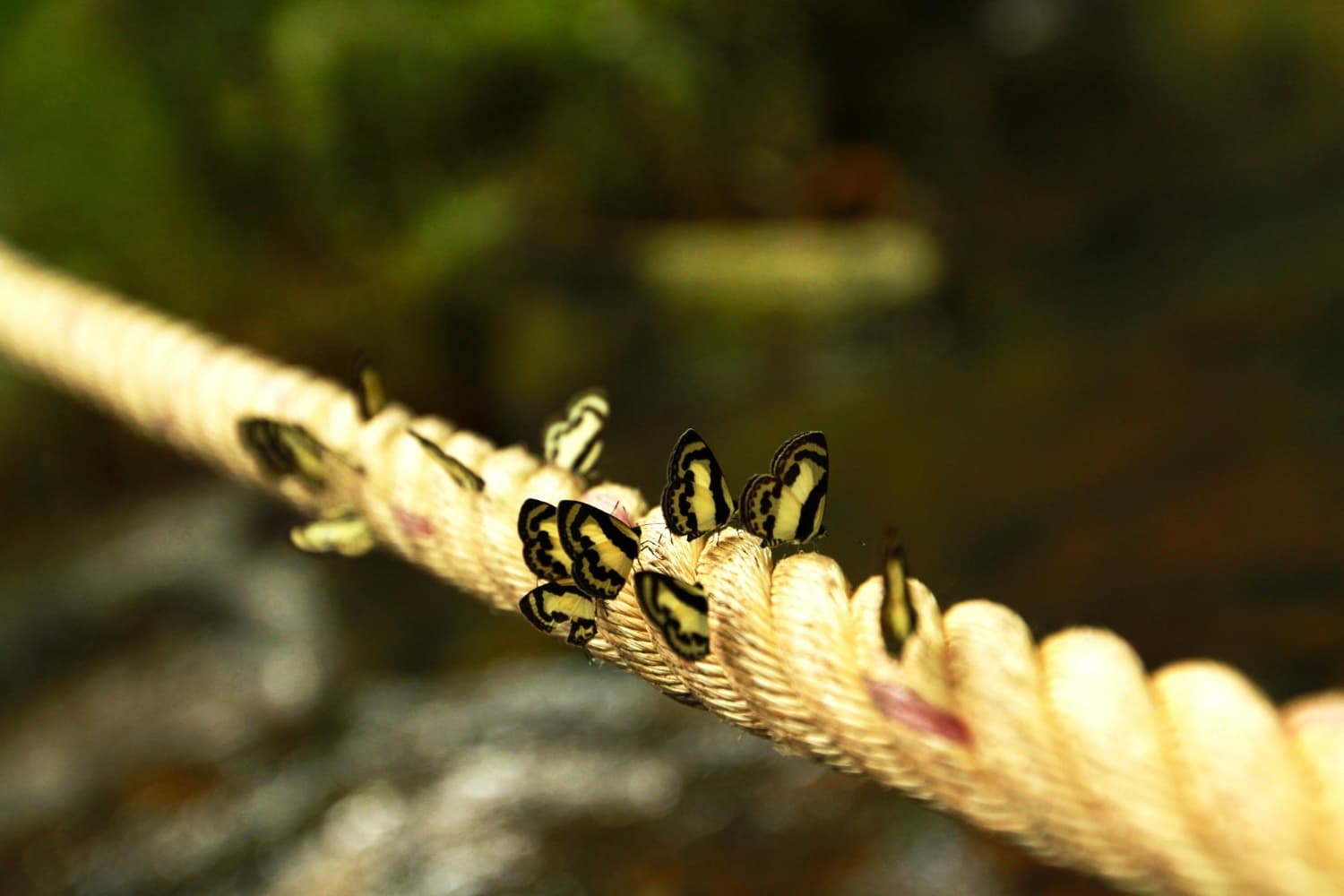What do we know about wasps? It’s a question we hear more often than not. We aren’t talking about Wasp Solitaire now. We leave this popular game for entertainment at NZ online casinos. We’d like to overview the situation with wasps in New Zealand, those bad guys with painful stings.
One must agree that wasps are quite demonized. These insects may interrupt picnics as they can be found in beer mugs and fruits. Their bite is very painful and can even cause an allergic reaction. A single wasp flying around you is quite terrifying.
The New Zealand beech forests are the habitat of the biggest populations of ground-nesting wasps – Vespula wasps. They are also known as the common or German wasps. So it’s no wonder that they get a lot of attention. Any of it is hardly positive. But such a bad reputation is not deserved. Some types of wasps can be useful in crop pest control. Some of New Zealand’s hort industries may benefit from it.
Wasps in New Zealand
There are over 30,000 different wasp species worldwide. Some of them have funny names, like sand wasps and fairy wasps. Others are known as fig wasps, chalcid wasps, and gall wasps. We’ve even heard about tarantula hawks, and they are also wasps. Some of them, like yellow jackets and hornets, are social and live in hives. Others are solitary and live alone.
Unlike bees, which only eat pollen and nectar from plants, wasps have the digestion of an ostrich. These pollinators feed on nectar and pollen while also eating other insects, like caterpillars and flies. This means they can also be beneficial for controlling pest populations.
Common wasps arrived in New Zealand in cargo ships from Europe in the middle of the past century. The new habitat turned out to be suitable for their life cycle, so that the wasps spread.
Paper wasps (Polistes) and ground-nesting wasps (Vespula) aren’t native to NZ. But unlike honey bees and bumblebees, they are active predators of other insects. They have the same food as native birds and lizards. In beech forests, wasps can also affect the populations of some endemic insects. They periodically terrorize managed beehives. That is why NZ authorities are making huge efforts to exterminate social wasps.
But you should know that these wasps eat insects, which cause major harm to us, too. There is a lot of evidence that wasps – especially Polistes, which are considered the major predators of caterpillars – may be effective at controlling crop pests.
Beneficial Predators
In one of the recent studies in the Midwestern USA, wasp colonies were moved into a fully screened cage with broccoli plants. Then, researchers added caterpillars to determine whether the presence of wasps affects pest consumption of broccoli plants.
The wasps ate all the caterpillars within a few hours. They were clever, too. The wasps followed people as they put the caterpillars on the plants. In fact, some wasps were able to sneak into the control plants from which they were excluded.
The researchers revised their controls and re-ran the study. This time, they used a different species of Polistes and kale plants. In a week, all caterpillars from kale plants were eliminated.
The results are obvious. Not only can wasp colonies be moved to a new location, but they are also active predators of crop pests. When Polistes were excluded from the plants with caterpillars, pest damage increased significantly. When wasps hunted on caterpillars, the crops prospered.
Like any other wasps, Polistes can sting if someone disturbs their nest. But unlike Vespula, they build small nests under the dripstones of houses. It’s relatively easy to remove them and relocate them to another spot.
People can distribute Polistes wasps around a crop field by relocating their nests. The special boxes serve as a buffer to reduce the chances of disturbing the nest and being stung.
Pest Control Potential
When watching wasps long enough, you can note that they carry pests away from your home garden, local park or field. So, could Polistes be used for pest control in New Zealand? The research suggests that they can be used as a biocontrol tool to eliminate garden varmints. However, additional research is required to find out how effective that might be. The NZ researchers should ensure they are targeting only pests and don’t affect local breeds.
This is not the first study to reveal the benefits of social wasps. Apart from pest control, wasps can spread yeasts on grapes. This is one of the ways to improve the quality of wine. Wasps also pollinate flowers effectively. Their venom is widely used in medicines, and research has shown that it can be a part of a possible cancer treatment.
In Conclusion
Overall, we are sure that wasps should not be considered as varmints. Their social behaviors are pretty complex. Did you know that they were the original paper manufacturers? If not, here is the fact. They turn dry wood, paper or cardboard into pulp with their saliva. That way, they create the nest cells where their spawn will grow.
Perhaps sooner rather than later, we will learn how to use them as biocontrol agents targeting crop pests. This method will allow people to reduce reliance on pesticides. Like wasp enthusiasts, we’d like to think their ability to control pests on various crops might one day change their reputation.
